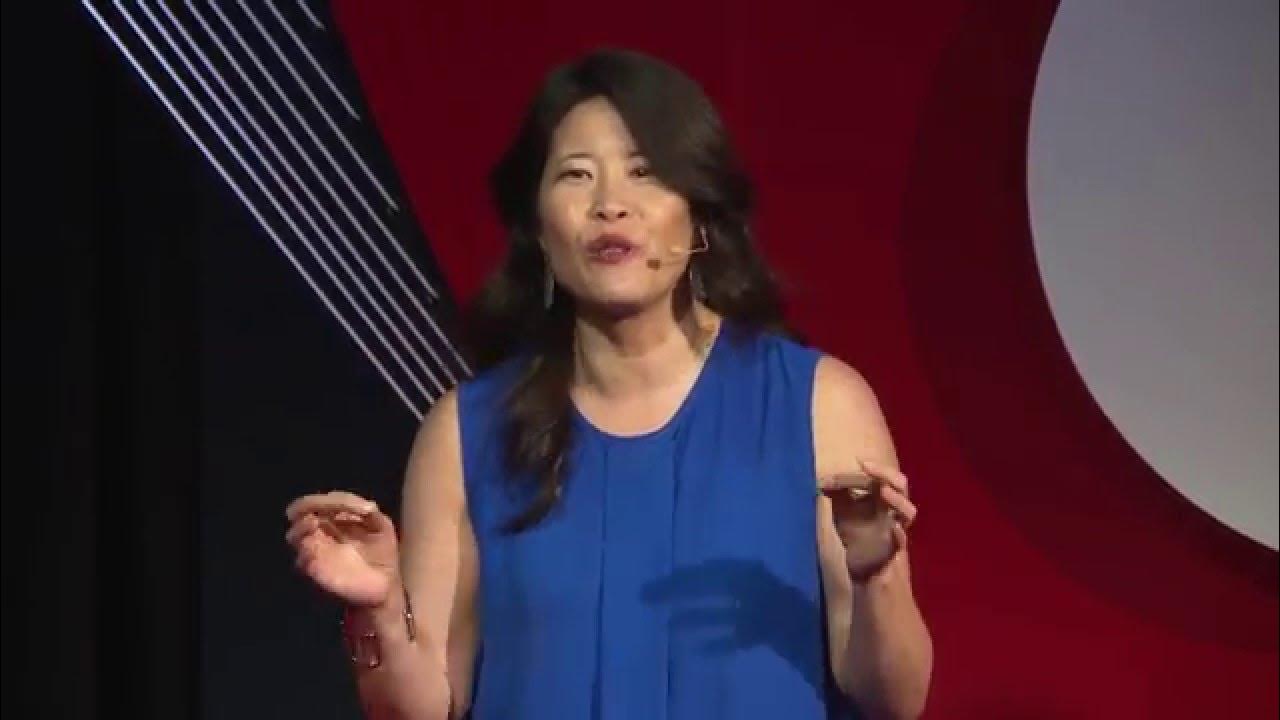Wendy Suzuki: The brain-changing benefits of exercise | TED
Summary
TLDRNeuroscientist Wendy Suzuki describes how she accidentally discovered the powerful effects of exercise on the brain. Though focused on memory research, she became unhealthy. After committing to exercise, she noticed improvements in mood, focus and memory. Realizing exercise was transforming her brain, she explored studies showing both immediate and long-lasting cognitive benefits from physical activity. Exercise grows key brain areas, enhancing their functions and making them more resilient to diseases. Suzuki concludes exercise is the most beneficial thing people can do for their brains, regardless of fitness level or age.
Takeaways
- 😊 Exercise has an immediate positive impact on mood, energy levels, focus and memory.
- 🧠 Exercise causes growth of new brain cells and connections, improving brain health.
- 💪 Just 30 minutes of aerobic exercise 3-4 times a week provides significant brain benefits.
- 🚶♀️ You don't need an expensive gym membership - activities like walking also count.
- 🤸♀️ The mood boost from working out can last for up to 2 hours afterwards.
- 🏋️ Exercise makes your prefrontal cortex and hippocampus bigger and stronger.
- 🏃♀️Aerobic exercise that raises your heart rate is key for reaping the brain benefits.
- 😎 Exercise improves attention, reaction time, focus and ability to shift between tasks.
- 🏆 More lifetime exercise means better protection against Alzheimer's and dementia later.
- 📝 Customizing your exercise regime to your needs and fitness maximizes the brain benefits.
Q & A
What were the immediate effects of exercise that Wendy noticed in herself?
-She noticed better mood, more energy, improved memory and better attention.
Why did exercise boost Wendy's ability to focus during grant writing?
-Exercise boosts neurotransmitters like dopamine and noradrenaline, which improve attention and focus. It also increases blood flow to the prefrontal cortex.
How does a single workout affect the brain?
-A single workout increases mood-boosting neurotransmitters, improves attention and focus for 2+ hours, and speeds up reaction times.
What are the longer lasting brain benefits of regular exercise?
-It grows new brain cells in the hippocampus to improve memory. It also enlarges the hippocampus and prefrontal cortex to aid attention and prevent age-related decline.
How does exercise protect the brain?
-It strengthens and enlarges areas vulnerable to neurodegeneration like the hippocampus. This delays cognitive decline from Alzheimer's and dementia.
What is the minimum recommended exercise dose?
-Aim for aerobic exercise 3-4 times a week, at least 30 minutes per session, to reap the brain benefits.
What type of exercise is most beneficial for the brain?
-Aerobic activities like walking, running, swimming that raise your heart rate are best. Strength training is also helpful but to a lesser degree.
Can exercise cure dementia and Alzheimer's disease?
-No, exercise cannot cure or reverse these diseases but it can substantially delay their onset by strengthening vulnerable brain regions.
How is exercise like a 401K for the brain?
-Similar to retirement savings, consistent exercise over time builds up a reserve of increased brain connectivity and volume to protect against later cognitive decline.
Why was Wendy initially drawn to exercise?
-She wanted to improve her strength and fitness after feeling physically weak on a river rafting trip due to lack of activity.
Outlines

This section is available to paid users only. Please upgrade to access this part.
Upgrade NowMindmap

This section is available to paid users only. Please upgrade to access this part.
Upgrade NowKeywords

This section is available to paid users only. Please upgrade to access this part.
Upgrade NowHighlights

This section is available to paid users only. Please upgrade to access this part.
Upgrade NowTranscripts

This section is available to paid users only. Please upgrade to access this part.
Upgrade NowBrowse More Related Video

The #1 way to strengthen your mind is to use your body | Wendy Suzuki

Change Your Brain Forever, Starting Today! Feat. Dr. Wendy Suzuki | Mel Robbins Clips

UPGRADE Isi Otak Dalam 10 Menit (berdasarkan penelitian)

The disruptive power of exercise | Dr. Wendy Suzuki | TEDxACCD

How menopause affects the brain | Lisa Mosconi

Como o HÁBITO DE LEITURA age no cérebro e pode salvar a humanidade.
5.0 / 5 (0 votes)